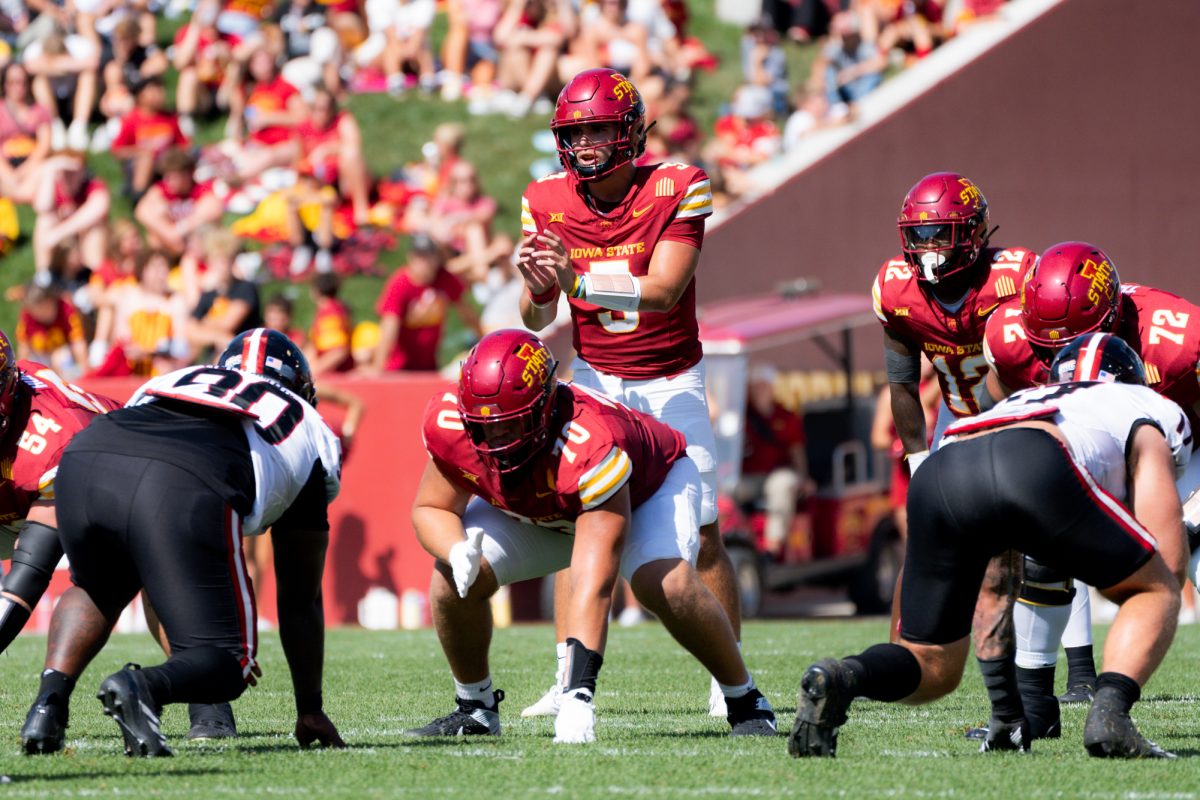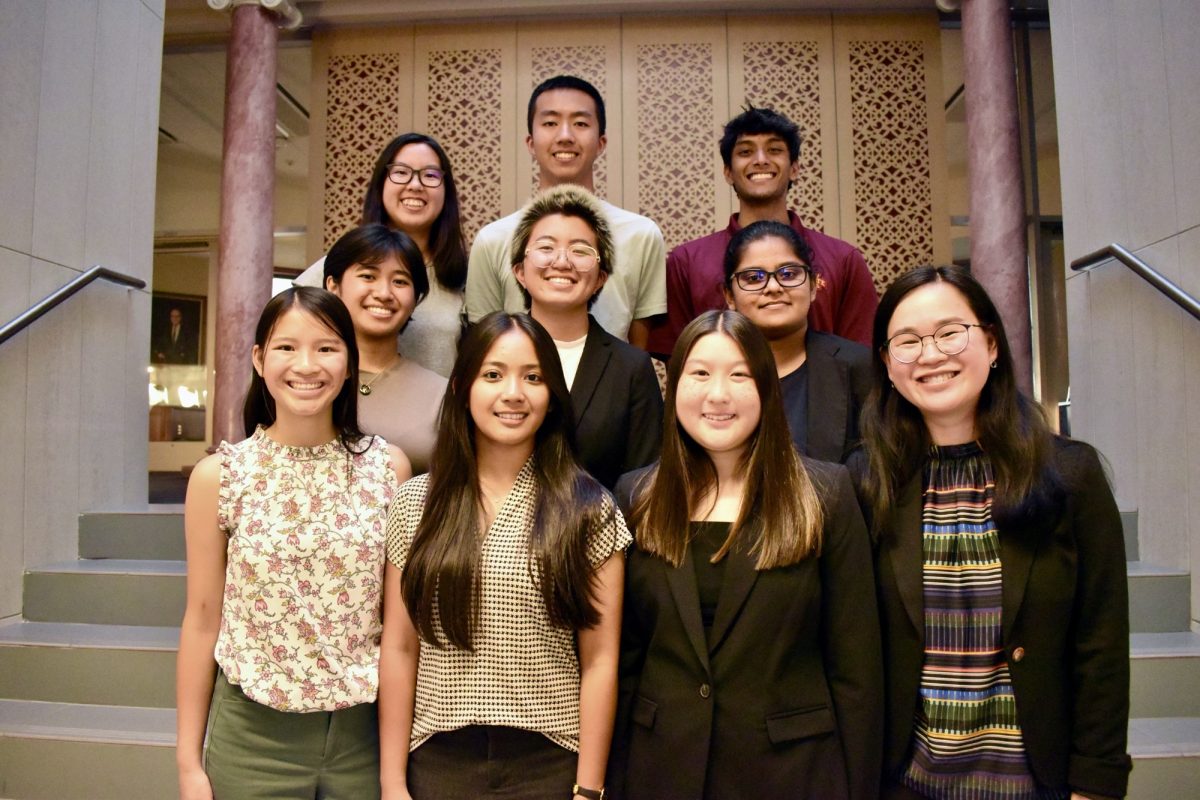Filtering systems attacked as censorship of cyberspace
October 2, 1998
Censorship of cyberspace could have disastrous ramifications, Nadine Strossen said in a speech to more than 330 people Wednesday night.
Strossen, president of the American Civil Liberties Union (ACLU), spoke out against cyberspace censorship and filtering systems in a speech in the Sun Room of the Memorial Union.
Strossen said the filtering devices can prevent access to educational sites because of one or two words on the site, such as “sex” or “violence.”
She said the search engine “X-Stop” filtered out the Quakers’ Web site because it makes a reference to violence by saying Quakers are anti-violence.
“It’s appalling what young people are being denied access to [through screening filter devices],” Strossen said.
The current practice of cyberspace filtering in schools and libraries assumes that children are all individuals under the age of 18, Strossen said.
“There are 123,000 college freshmen defined as children,” Strossen said.
“They are denied free access to online resources, as if they were infants,” she said.
Strossen defined censorship as someone with the power to control a medium making an adverse decision impacting the free flow of information.
Private sector censorship, such as Internet filtering devices, cannot be fought with the First Amendment, Strossen said.
“We must use our power as consumers to take our business elsewhere if we don’t like what [private sectors are] doing,” she said.
If the censorship comes from the government, people can fight it through the First Amendment’s guarantee of free speech, Strossen said.
Politicians across all party lines are in support of cyberspace censorship even when they believe it is unconstitutional, Strossen said.
“No politician wants to be caught being soft on porn,” she said.
The ACLU has challenged five pro-censorship laws and won every time, Strossen said.
“I’m happy to say when I talk about ACLU’s position on First Amendment rights in cyberspace, that is the position of American law,” she said.
Strossen said that, unlike many feminists, she opposes censoring pornography because she is a feminist.
“I’m simply a pro-free speech individual,” Strossen said.
“I wouldn’t say I’m a pro-pornography feminist anymore than I would say I’m a pro-Nazi member of the ACLU,” she said.
Strossen said giving the government the power to censor sexual expression does more harm than good.
“It is absolutely no coincidence that every time government is given the power to censor, it uses that power arbitrarily at best and discriminatory at worst,” Strossen said.
Strossen said the government has stated that informational Web sites about contraceptives, rape and sexual orientation could be censored.
Web sites such as Planned Parenthood can save lives, Strossen said.
Yet people believe any exposure of young people to sexual expression is innately evil, she said.
“We still have gender bias, race discrimination, intolerance and discrimination against lesbians and gay men,” Strossen said.
“Governmental power to censor falls on sexually oriented expressions by individuals in these relatively powerless, marginalized groups.
“Not only does censorship violate freedom of expression, it undermines equality rights including gender rights,” she said.






